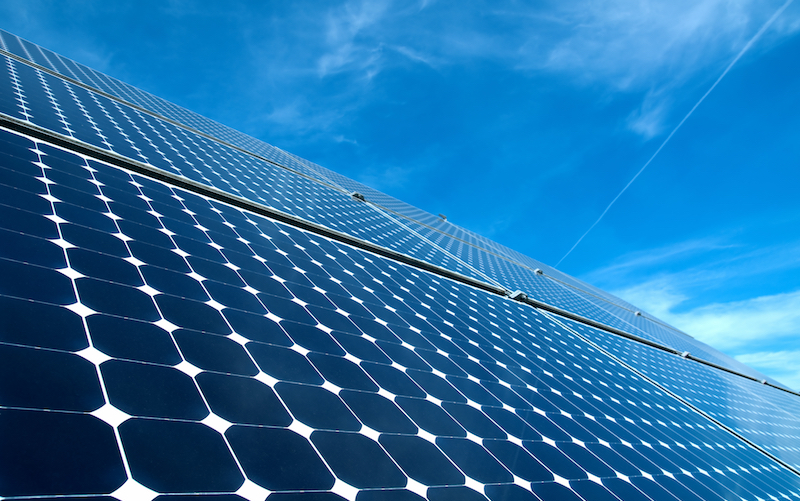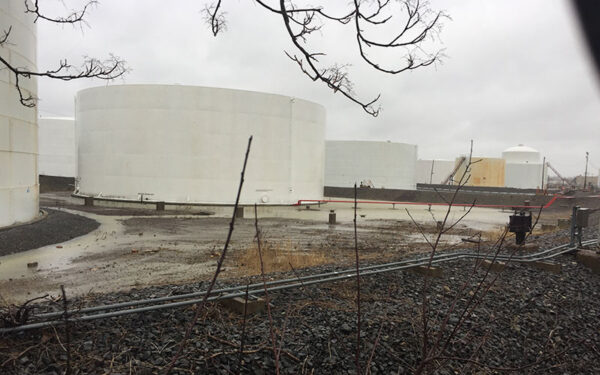
Photo via shutterstock
In a stunning walk backwards, the Maine legislature failed again to override Governor LePage’s veto of legislation that would have supported solar progress in Maine. Passed in June, the bipartisan bill would have helped create stability in the state’s solar marketplace by ensuring that solar panel customers are fairly compensated for the power they produce – thus spurring more investment in solar energy. It would also have expanded the opportunities for community solar projects, and directed the Maine Public Utilities Commission to do a detailed cost-benefit analysis of the best ways to compensate solar panel owners for the electricity they produce.
Though this bill was not as comprehensive as the legislation vetoed by LePage last year, it initially had enough support in both the Maine Senate and House to meet the 2/3 level of support necessary to override a veto.
But despite overwhelming support from Maine families and businesses – including many CLF’ers – last week, the override effort failed. The political hardball of LePage and House Republican leader Ken Fredette (as well as the last minute, disingenuous lobbying of Maine’s principal electric utilities, Central Maine Power and Emera), was enough to peel off 8 republicans who flipped their support of the bill to side with LePage’s anti-progress stance.
So What’s Next for Solar in Maine?
To start, we need to hold our lawmakers accountable for their votes. If you live in Maine, let your representatives in both the House and the Senate know what you think!
Second, the legislature’s failure means the extreme anti-solar rule adopted earlier this year by the Public Utilities Commission will go into effect – unless CLF’s legal challenge to that rule is successful. We’re pushing back against the Commission because its rule is unfair, unlawful, and may actually raise costs for all Maine families and businesses. For instance, it would charge solar customers for the electricity they generate themselves and use at home. It will also require all electricity customers to pay for the purchase and installation of additional, expensive electricity meters to facilitate the rule’s complicated new structure. And it will phase out the net energy billing system that helps make solar panels a better investment for families and businesses.
We sued the Commission back in May, and the litigation is moving steadily forward. Our brief on the case is due in two weeks. We plan to show the court that the rule is invalid, and that charging Mainers to use their own, home-produced power is illegal. We’ll argue that these fees constitute unjust discrimination against folks who are simply being independent by producing their own electricity (and helping the environment along the way). And we’ll argue that the facts about the costs and benefits of solar and net metering don’t support the Commission’s decision.
Given that the Commission’s new regulations are already in effect – and will start affecting the rates of new solar customers after December 31 of this year – we expect a decision from the court late this fall. But stay tuned – there may be an opportunity to witness CLF in action in front of Maine’s highest court!



